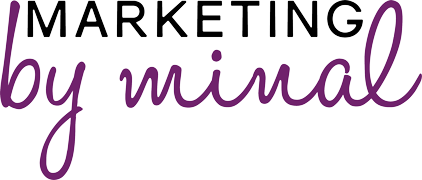Why “build it and they will come” won’t work for your event
This post about event organisation originally appeared on the Constant Contact blog.
Running an event for your company is a bit like throwing a party. There’s that nerve-wracking time before the kick-off where you ask yourself who will come. But, with professional events, telling your target audience, then telling them again, oh and again, and maybe one more time will help you make sure your events are well attended. And that your stress levels remain manageable! Here are my seven tips for making your event a success.
- Plan ahead – make sure you know when your events will happen. If, like us, you run them regularly, have dates that you can publish in advance. You don’t have to have the venue sorted out. Just the date and city/town will be enough for you publicise them.
- Take the headache out of registration – organising an event is hard enough without having to manually take registrations. Use an event management system, Constant Contact has one, which will not only give you an event landing page, but collect all the registrations too.
- Tell people – I know it’s obvious, but letting people know about your event is critical. But telling them more than once will help you get the registrations you need. Take a look at the graph below. This is a summary of people who registered for a webinar. The spikes in the number of registrations happened the day an email went out telling subscribers about the webinar. So, tell them more than once and use a combination of email and social media.
- Overbook – work out what the percentage of no-shows is and overbook your events by that amount. Take it from me, they never all show up. And if you have more than you were expecting, well, that’s a good thing and shows the people there that your events are worth attending. They might even recommend them to their friends.
- Remind people they registered – people are busy and making it easy to find the venue and telling them about anything else they may need for the event will help mitigate no-shows. Send out an email the day before your event confirming the address, add a map and tell them what time they should arrive. Is there anything they should bring? Tell them!
- Work out your follow up ahead of time – make this part of your event planning. Your interaction with the attendees (and no-shows) shouldn’t end with the event. Think about how you want to engage with them afterwards. How about sending out the slides and some other helpful resources after our events – even to those who didn’t attend (they really appreciate it; try it!) Oh, and don’t forget, this is a great opportunity to get people to join your mailing list, so add a link.
- Ask for feedback – understanding what worked and what didn’t will make your events even better. So, make sure you ask for feedback. I have found that a paper form which you hand out at the end of the event works best. But keep it short. One side of A4 is enough.
So, build it and they will come worked well for Kevin Costner, but your events will rely on a bit more than that. Plan ahead and work out your promotion schedule to make sure your events are a success.


